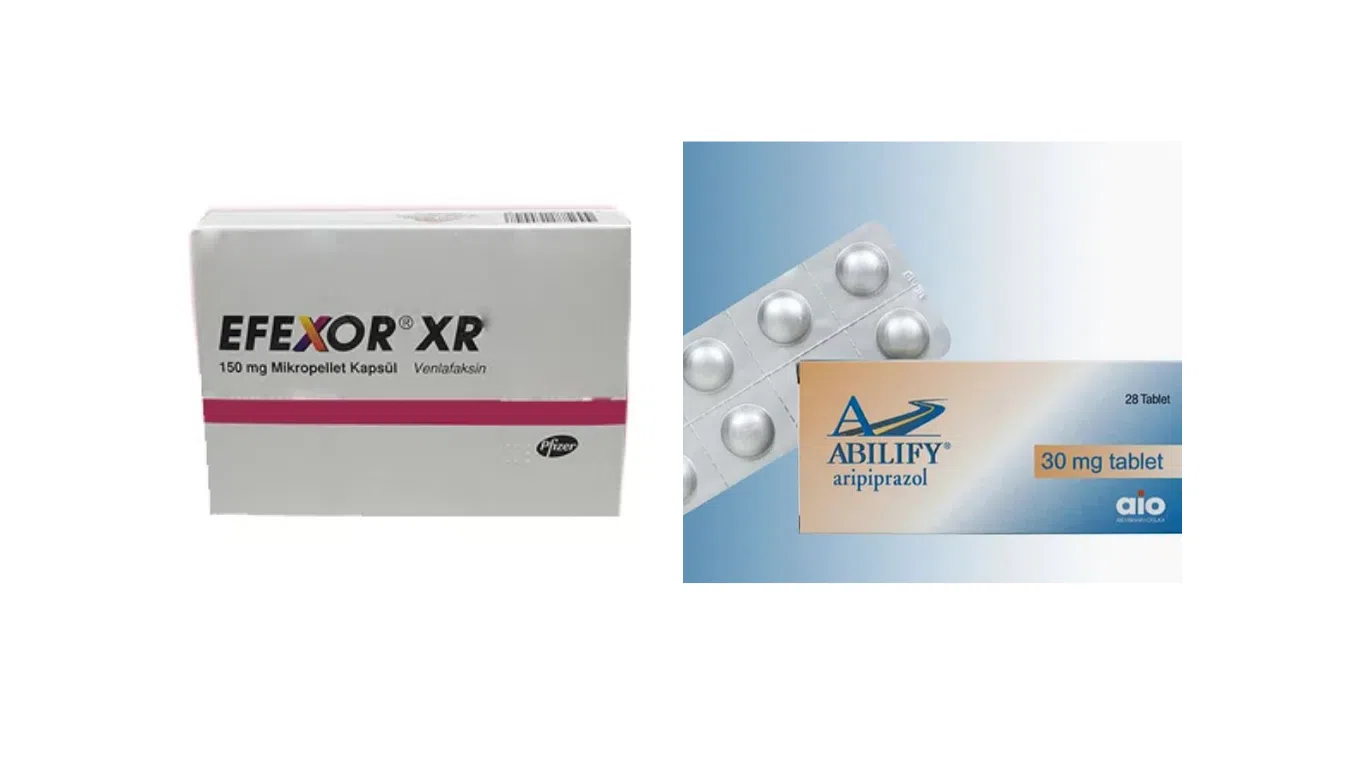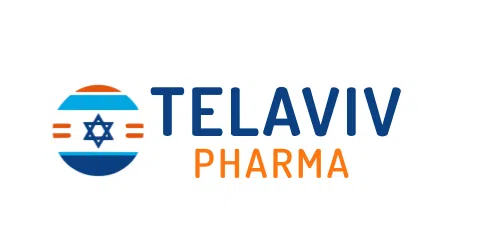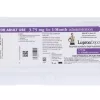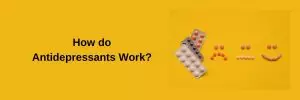
Abilify vs. Efexor: A Comprehensive Comparison
Last Updated on November 27, 2025
When it comes to treating mental health conditions such as depression and anxiety, two commonly prescribed medications are Abilify (aripiprazole) and Efexor (venlafaxine). While both drugs are used in psychiatric treatment, they function differently, belong to different drug classes, and have distinct effects on patients. Understanding the differences between Abilify vs. Efexor can help individuals and healthcare providers make informed decisions about treatment.
What is Abilify?
Contents
Abilify (aripiprazole) is an atypical antipsychotic used primarily to treat conditions such as:
- Schizophrenia
- Bipolar disorder
- Major depressive disorder (as an adjunct therapy)
- Irritability associated with autism
- Tourette’s syndrome
How Does Abilify Work?
Abilify works by modulating dopamine and serotonin levels in the brain. Unlike traditional antipsychotics that block dopamine receptors entirely, Abilify acts as a dopamine partial agonist, meaning it helps balance dopamine levels rather than completely inhibiting them. This mechanism can lead to fewer side effects such as weight gain and sedation compared to older antipsychotics.
Common Side Effects of Abilify
- Insomnia or drowsiness
- Nausea
- Restlessness or akathisia
- Weight gain (though less common than other antipsychotics)
- Increased risk of impulsive behaviors
What is Efexor?
Efexor (venlafaxine), also known as Effexor, is a serotonin-norepinephrine reuptake inhibitor (SNRI) primarily used to treat:
- Major depressive disorder (MDD)
- Generalized anxiety disorder (GAD)
- Panic disorder
- Social anxiety disorder (SAD)
How Does Efexor Work?
Efexor increases the levels of serotonin and norepinephrine in the brain by inhibiting their reuptake. This enhances mood regulation and reduces symptoms of anxiety and depression. At lower doses, Efexor mainly affects serotonin levels, but at higher doses, it also influences norepinephrine, potentially providing a more energizing effect.
Common Side Effects of Efexor
- Nausea and vomiting
- Dizziness
- Increased blood pressure (especially at higher doses)
- Sweating
- Sleep disturbances (insomnia or vivid dreams)
- Sexual dysfunction
Key Differences Between Abilify and Efexor
| Feature | Abilify (Aripiprazole) | Efexor (Venlafaxine) |
| Drug Class | Atypical antipsychotic | SNRI antidepressant |
| Primary Use | Schizophrenia, bipolar disorder, depression adjunct | Major depression, anxiety disorders |
| Mechanism of Action | Dopamine and serotonin modulator | Serotonin and norepinephrine reuptake inhibitor |
| Sedation Risk | Lower than traditional antipsychotics | Can cause drowsiness or insomnia |
| Weight Gain | Possible, but less than other antipsychotics | Less likely than SSRIs, but possible |
| Withdrawal Effects | Can occur, but usually mild | Can be severe if stopped abruptly |
| Blood Pressure Effects | Minimal impact | May increase blood pressure |
Choosing between Abilify and Efexor depends on your specific mental health condition, medical history, and how you respond to treatment.
When to Consider Abilify
- If you have schizophrenia or bipolar disorder.
- If you need an adjunct therapy for major depression.
- If you experience impulsive behaviors or mood instability that need dopamine modulation.
- If you need a medication with lower sedation risk compared to other antipsychotics.
When to Consider Efexor
- If you primarily have major depressive disorder or generalized anxiety disorder.
- If you need an SNRI that boosts both serotonin and norepinephrine.
- If you do not have concerns about blood pressure increases.
- If you tolerate stimulant-like effects, as higher doses can be more energizing.
Potential Drug Interactions
Both medications can interact with other drugs, making it essential to discuss with a healthcare provider before starting treatment.
- Abilify may interact with antidepressants, benzodiazepines, and medications affecting dopamine.
- Efexor should not be combined with MAOIs or other serotonergic drugs due to the risk of serotonin syndrome.
Both Abilify and Efexor serve critical roles in mental health treatment, but they target different conditions and work through unique mechanisms. Abilify is better suited for schizophrenia, bipolar disorder, and as an add-on for depression, while Efexor is primarily for depression and anxiety disorders. Consulting a psychiatrist or healthcare provider is essential to determine which medication aligns best with your individual needs.





Add comment